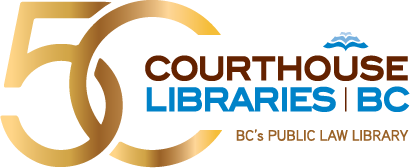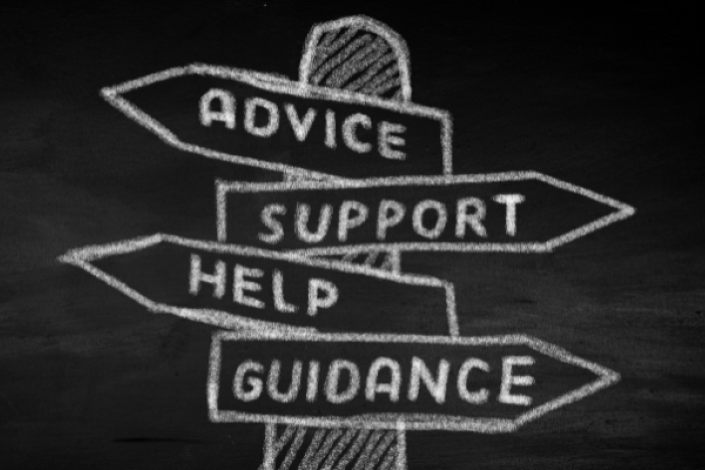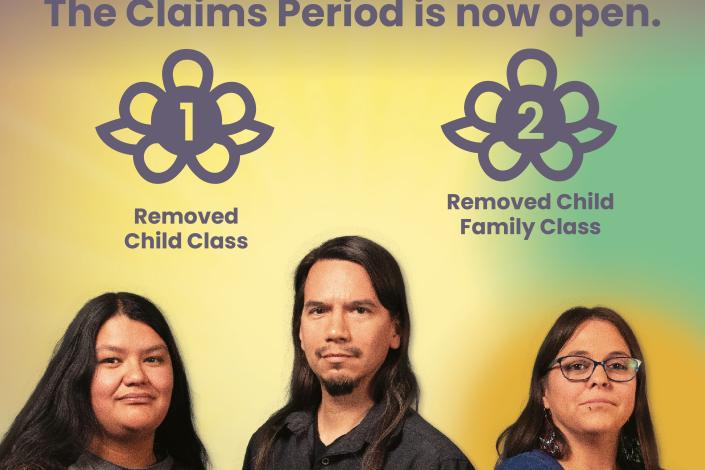This blog is for anyone working in the field of public libraries interested in learning more about legal reference resources and services available in BC. LawMatters is a Courthouse Libraries BC outreach program supported by funding from Law Foundation of BC.
Keep up with the latest news from LawMatters by signing up for email updates!
We strive to make the information posted accurate and current at the time of publication. Please check the publication date as some information may have changed since then.





